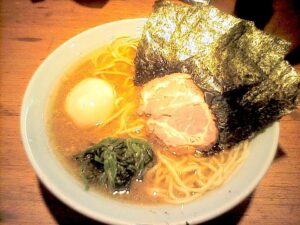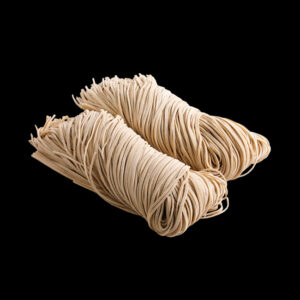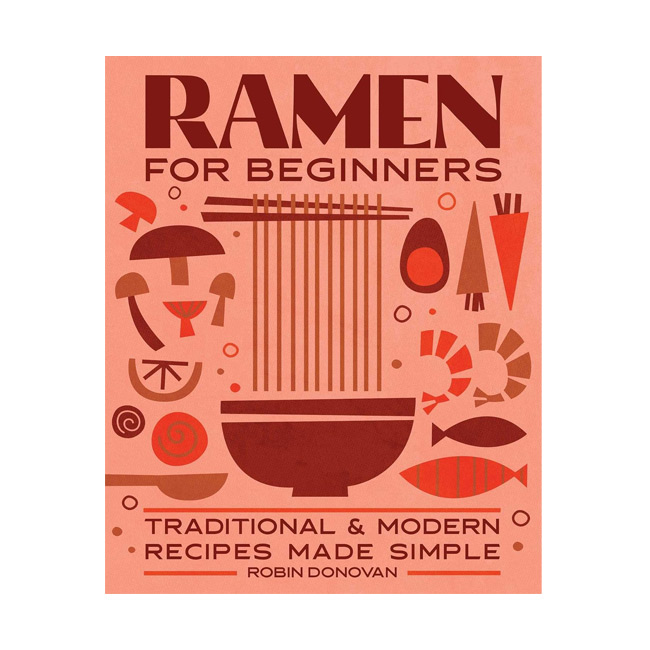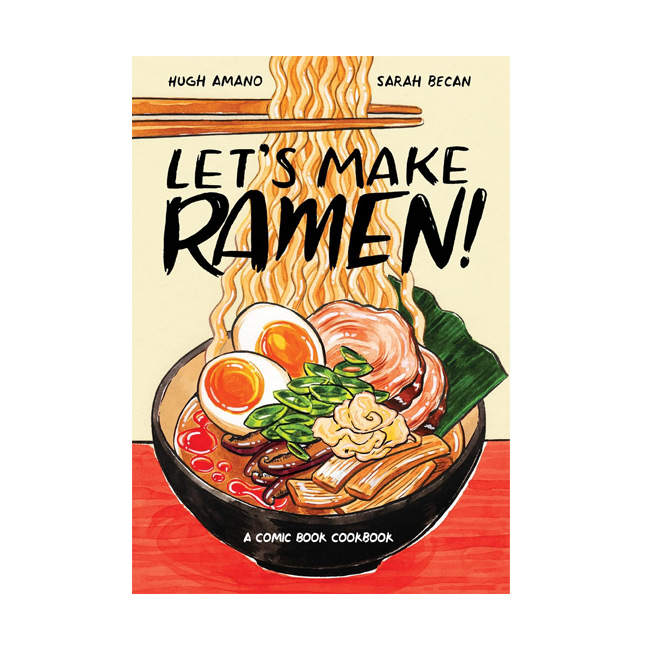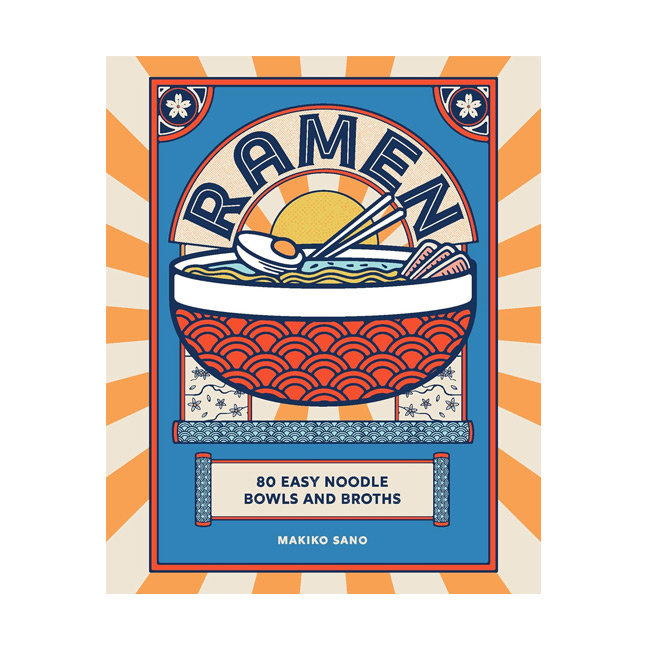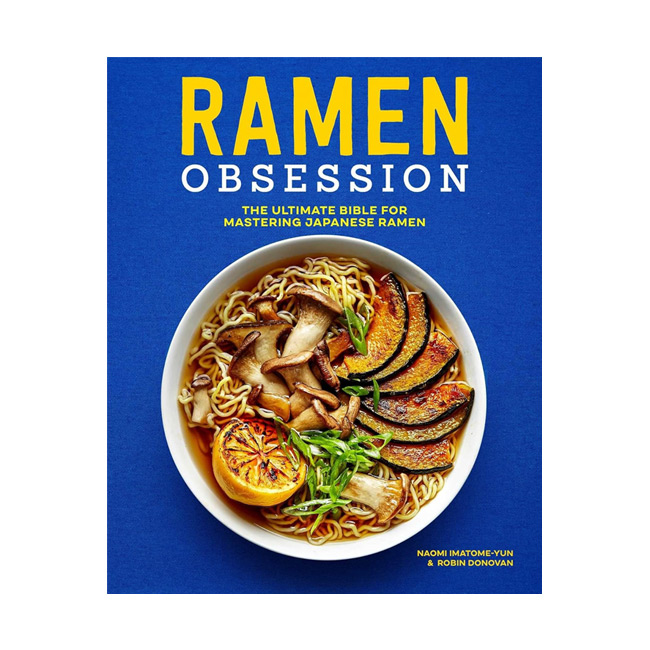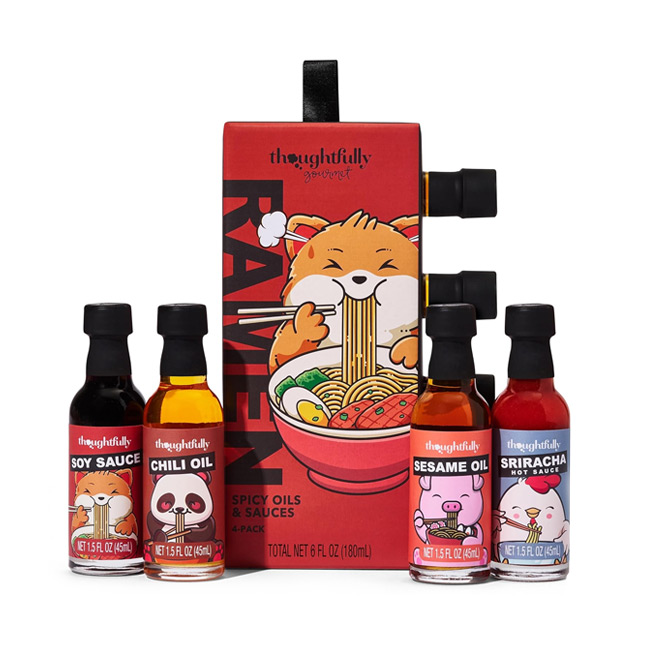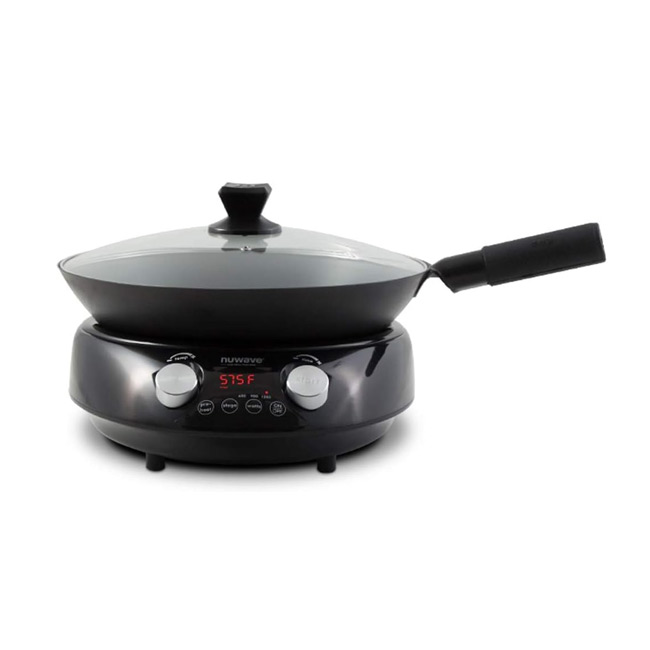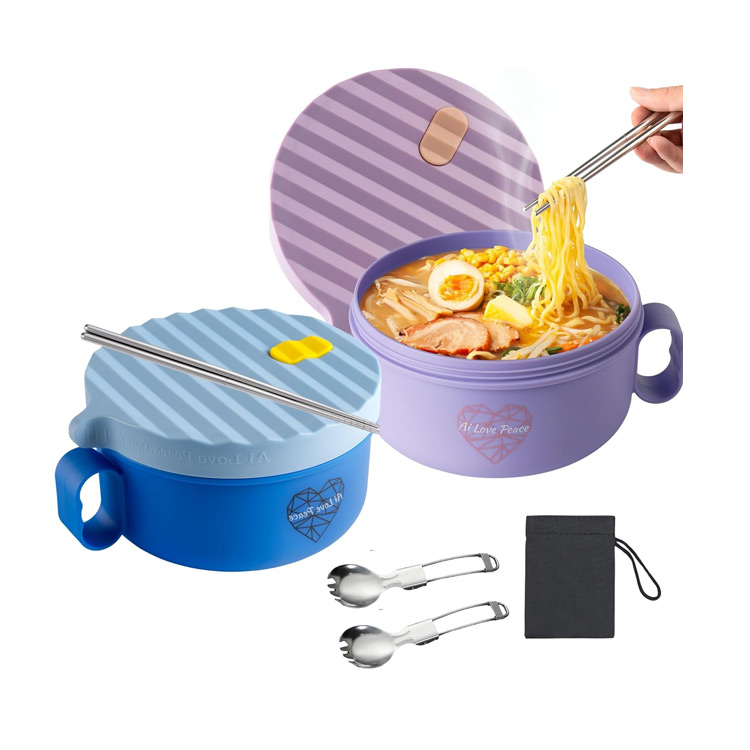Did you know that instant ramen can last 6 to 12 months after its expiration date if stored properly?
For dried ramen, the expiration date is more about maintaining optimal flavor and texture. The noodles can still be safe to eat, but they may taste stale or have less flavor as time goes on. However, for fresh ramen, the expiration date is more directly tied to food safety, and it should be adhered to more strictly.
So, let’s see how to find your ramen’s expiration date (or how to tell whether it’s time to say goodbye to it if you cannot find it).
Related Articles

Ranking Dry Ramen – My Favorites for 2025 (Complete Guide)
Do you love dry ramen? I have tasted my way through the best of the best. Here are some new flavors, creative twists, and all-time classics.

Ramen Side Dishes: Light, Crispy, and Umami-Rich Ideas
Ramen is already a hearty meal, but adding a side dish can make it even more satisfying! Here are some great side dishes that pair well.
Instant Ramen (Dried Noodles)
Instant ramen is highly processed and dried, making it quite shelf-stable. The expiration date on these products is often more of a guideline for peak quality rather than safety. Many manufacturers include a “best by” date, which means the product may not taste as fresh beyond that point but can still be consumed.
How Long It Lasts After Expiration:
- 6 months to 1 year beyond the expiration date is fairly common. As long as the packaging is intact (no holes or damage) and it’s been stored in a cool, dry place, instant ramen noodles can remain safe to eat for quite a while past the date.
- The noodles themselves are usually fine for an extended period due to their dehydrated nature, which reduces the risk of spoilage. However, the flavor packets (which often contain oils and powdered seasonings) can degrade faster. Over time, these oils can go rancid, leading to a decline in flavor and, in some cases, an unpleasant odor.
Storage Conditions: The key to prolonging the shelf life of instant ramen is storage. Keeping it in a cool, dry place is essential. Excess heat, humidity, or exposure to air (if the package is compromised) can shorten its longevity and make the noodles stale.
Signs of Spoilage
- Bad odor: If the ramen smells off or rancid, particularly the seasoning packet, it’s a good indicator it’s no longer safe to eat.
- Discoloration: If the noodles or seasoning have changed color, they may be spoiled.
- Packaging damage: If the packaging has been punctured or is otherwise compromised, it’s best to discard the product.
Fresh Ramen (Refrigerated or Frozen)
Fresh ramen, unlike its instant counterpart, has a significantly shorter shelf life due to its moisture content. It’s often found in the refrigerated or frozen sections of stores, and the expiration date is typically much more critical to follow.
How Long It Lasts After Expiration:
- Refrigerated Fresh Ramen: This type generally only lasts 1 to 2 weeks beyond its expiration date if kept sealed in the fridge. After that, the risk of spoilage increases rapidly due to the presence of moisture.
- Frozen Fresh Ramen: If it’s frozen before the expiration date, it can last 2 to 3 months in the freezer. Freezing halts bacterial growth and helps preserve freshness, though the texture and taste might slightly deteriorate over time.
Storage Conditions:
- Refrigeration: Fresh ramen must always be stored in the fridge. Once opened, it should be consumed within a few days.
- Freezing: If you want to extend the life of fresh ramen, freezing it before the expiration date is a good option. However, once thawed, it should be used quickly.
Best By vs. Expiration Dates
The “best by” date refers to when the product will be at its peak quality. Instant ramen often lasts long past this date but might lose some flavor. If the package says “expiration date,” it’s more of a safety marker, especially for fresh or perishable items.
Signs of Spoilage
- Slimy texture: Fresh noodles that develop a slimy coating are a clear sign of spoilage.
- Sour or unusual smell: A strong odor is another sign the noodles have gone bad.
- Mold: Visible mold, even in small amounts, is an immediate indicator that the ramen should be discarded.
Cup Noodles or Packaged Instant Ramen with Seasoning
This type of ramen, similar to bagged instant ramen, can last well beyond the expiration date. The main risk here is also the seasoning packet, which may contain fats that could go rancid over time.
How Long It Lasts After Expiration:
- 6 months to 1 year past the expiration date, just like other instant noodles.
- However, as with bagged instant noodles, the seasoning may lose flavor or spoil earlier than the noodles themselves.
Storage Considerations:
- Store cup noodles and packaged ramen in a cool, dry place.
- Make sure the packaging is undamaged. Cracks or holes in the container can lead to air exposure and cause the noodles to degrade faster.
Homemade Ramen Noodles
If you make ramen noodles from scratch, they will have a much shorter shelf life compared to commercial varieties.
Shelf Life:
- Fresh homemade noodles will typically last 2-3 days in the refrigerator and up to 2 months if frozen.
- They will spoil much faster because they lack the preservatives found in commercial ramen.
Signs of Spoilage
- Mold or discoloration.
- Off-putting odor.
- A sticky or slimy texture, indicating bacterial growth.
Conclusion
- Instant ramen can last 6 to 12 months after its expiration date if stored properly.
- Fresh ramen is best consumed within a week past the expiration date when refrigerated, or 2-3 months if frozen.
- Homemade ramen and other fresh variants spoil much quicker and should be consumed or frozen shortly after preparation.
FAQs on Ramen Expiration
1. How long does instant ramen last after the expiration date?
- Instant ramen can last 6 months to 1 year past its expiration date if stored properly in a cool, dry place with intact packaging.
2. Can you eat ramen after the expiration date?
- Yes, for instant ramen, you can usually eat it well past the expiration date if it shows no signs of spoilage. However, for fresh ramen, it’s safer to stick closely to the expiration date, especially if it’s not frozen.
3. How do you know if ramen has gone bad?
- Look for a bad odor, discoloration, mold, or a slimy texture. If the noodles or seasoning packets show these signs, it’s best to throw them out.
4. Can fresh ramen be frozen to extend its shelf life?
- Yes, fresh ramen can be frozen before the expiration date and will last for 2-3 months in the freezer.
5. Does the seasoning packet in instant ramen expire?
- The seasoning packet can degrade or become rancid faster than the noodles, especially if it contains oils. Check for any strange smells or off flavors before using.
6. Is expired ramen still safe if the packaging is damaged?
- No, if the packaging is damaged, air and moisture can get in, increasing the risk of spoilage. It’s best to discard it.
7. Can I extend instant ramen’s shelf life by storing it in the fridge?
- Storing instant ramen in a cool, dry pantry is ideal. The fridge isn’t necessary and may introduce moisture, which can affect the noodles.



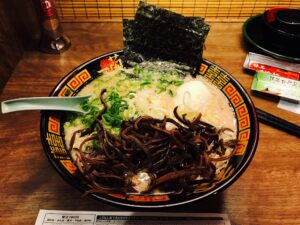

![Types of Ramen: Hakata Ramen. Image courtesy of [cipher] via Flickr Commons.](https://ramendatabase.com/wp-content/uploads/2024/06/Types-of-Ramen_Hakata-Ramen-300x199.jpg)


